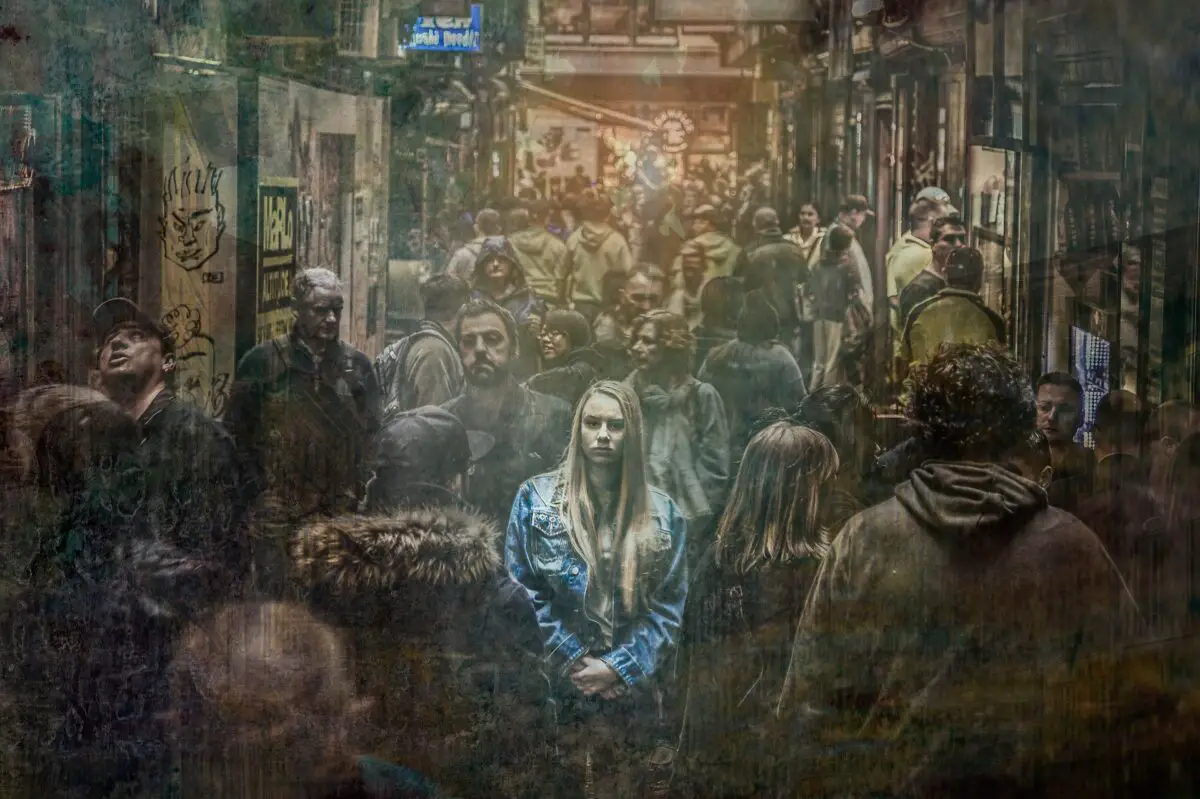The importance of connection: combating social isolation

The health risks of social isolation are similar to smoking 15 cigarettes a day, according to an advisory released earlier this year by U.S. Surgeon General Dr. Vivek H. Murthy. A serious yet understated health risk, social isolation, or the lack of social connections, can lead to mental and physical health complications.
According to the U.S. Centers for Disease Control and Prevention (CDC), social isolation is defined as the lack or absence of relationships with others. The symptoms generally associated with social isolation include avoiding social interactions, particularly those that were once enjoyable; canceling plans frequently and feeling relief when plans are canceled; feeling anxiety or panic when thinking about social interactions; or feeling intense loneliness all or most of the time.
It is important to note that social isolation is not the same as loneliness – loneliness is associated with feeling alone or disconnected and often reflects someone’s desired level of connection. Therefore, someone who does not feel lonely can still be at risk of social isolation.

There are numerous ways that social isolation can impact an individual’s overall health. The CDC has linked social isolation to increased risk for heart disease, Type 2 diabetes, depression and anxiety, suicidality and self-harm, dementia, and more. These conditions can greatly impact your well-being, resulting in anything from headaches to trouble sleeping to reduced cognitive abilities.
According to The Cigna Group, social isolation can even affect people at work, resulting in lower productivity and decreased performance. Those who are isolated, or otherwise lack support systems, are also less likely to lead a healthy lifestyle and rarely seek out health care professionals. Social isolation has even been linked to an increased risk of premature death.
While anyone can experience loneliness or social isolation, those who live alone, cannot easily leave their home, struggle with mental health challenges, or have limited social support are at a greater risk. For instance, someone who is in a wheelchair may find it difficult to access transportation and travel to an event.
It can also be easy to become socially isolated if you have recently had a major loss or life change, such as the death of a loved one, a career change or retirement, or moving to a new city or town. Additionally, those who have language barriers where they live or experience discrimination related to age, gender identity, race, ethnicity, or sexual orientation are more likely to face social isolation.
It is critical to bring attention to the dangers of social isolation now because roughly one-third of adults in the U.S. report feeling lonely during the holiday season. Most often, these feelings are a result of unrealistic expectations; social media makes it easy to jump to the conclusion that others are having a better time than you.
There are, however, many triggers associated with the holiday season. For those who do not have a support system or those who have lost a loved one, the holidays are a particularly difficult time. Anything from a seasonal song to the smell of baked goods to the sight of an empty chair can leave people longing for connection.
Fortunately, there are many ways to combat social isolation all year long. A simple way to stay connected to those around you is to find time each day to get in touch with family and friends, whether that be in person, by email, or over the phone. If you have not heard from a friend or loved one, be the first to reach out.
To meet new people in your community, you may consider volunteering, which is particularly effective at reducing feelings of isolation, attending local events, or enrolling in a class at a library or community center. There are many resources available online to explore these offerings or you could search for a local Facebook group that regularly shares events. Research groups related to one of your interests or hobbies; this could be a local organization that meets in person or something completely online.
If you cannot leave your home, you can explore online offerings, including educational lectures, guided fitness classes, and more. Most importantly, focus on nurturing the relationships that you have; a few deep connections are better than many shallow friendships.
If you are socially isolated, experiencing extreme loneliness, or are otherwise suffering, it may be worth considering professional support, such as a therapist or counselor. The Coalition to End Social Isolation & Loneliness (endsocialisolation.org) has a complete list of resources that can help you move beyond social isolation.
Ericka Von Salews is executive director at Vassar-Warner Home, a nonprofit senior living residence in Poughkeepsie.